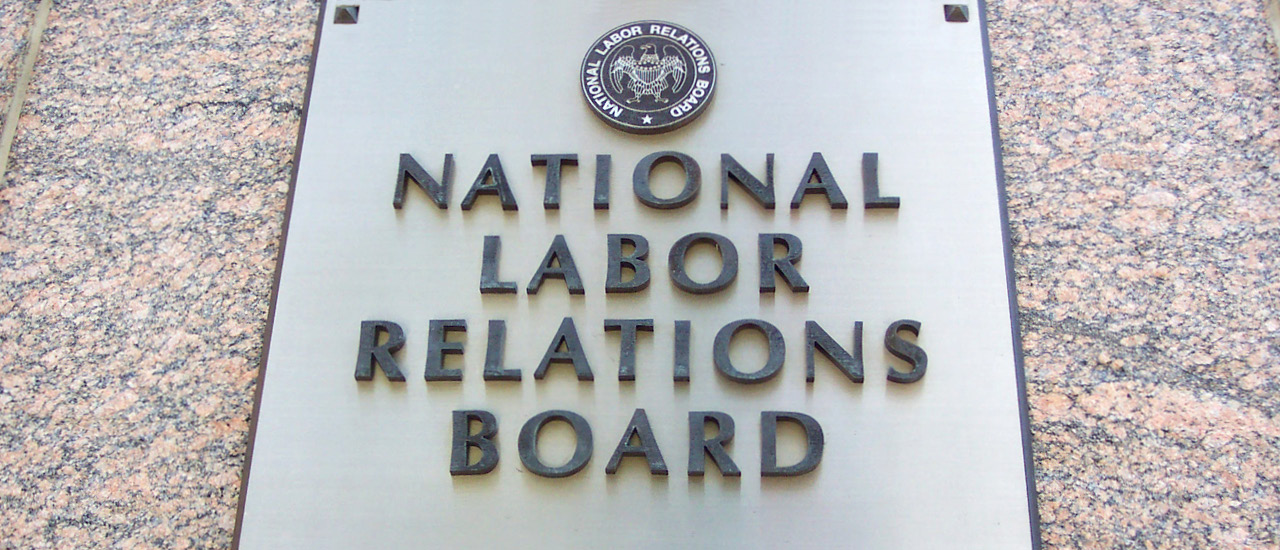NLRB Proposes Rule Narrowing Joint Employer Standard

The National Labor Relations Board has announced a proposed rule that would overturn its Obama-era standard for determining when an employer is a joint employer of a separate employer’s workers.
In a joint-employment relationship, each employer must bargain with a union representing the jointly controlled employees, and each can be held liable for unfair labor practices.
Under the proposed rule, which would reverse the 2015 NLRB decision involving Browning-Ferris Industries of California, “an employer may be found to be a joint employer of another employer’s employees only if it possesses and exercises substantial, direct, and immediate control over the essential terms and conditions of employment [e.g., wages, benefits, hiring, firing, discipline, supervision, and direction] and has done so in a manner that is not limited and routine,” the NLRB said in a statement.
“Indirect influence and contractual reservations of authority would no longer be sufficient to establish a joint-employer relationship.”
The NLRB actually overturned the Browning-Ferris decision in December of last year and returned to the pre-Browning Ferris standard, which held that proof of indirect control, contractually-reserved control that has never been exercised, or control that is limited and routine will not be sufficient to establish a joint-employer relationship.
The new proposed rule represents the current NLRB's effort to reverse the Browning-Ferris standard once and for all.
The new proposed rule represents the current NLRB's effort to reverse the Browning-Ferris standard once and for all.
In its announcement, the board said that the new rule would "foster predictability, consistency, and stability in the determination of joint-employer status" and "reflects the board majority's initial view, subject to potential revision in response to public comments, that the National Labor Relations Act's intent is best supported by a joint-employer doctrine that does not draw third parties, who have not played an active role in deciding wages, benefits, or other essential terms and conditions of employment, into a collective-bargaining relationship for another employer’s employees."
Comments on the proposed rule must be received by the NLRB on or before Nov. 13, 2018, and may be submitted online.
For more information, email or call Mark Soycher at the HR Hotline (860.244.1900) | @HRHotline
RELATED
EXPLORE BY CATEGORY
Stay Connected with CBIA News Digests
The latest news and information delivered directly to your inbox.


